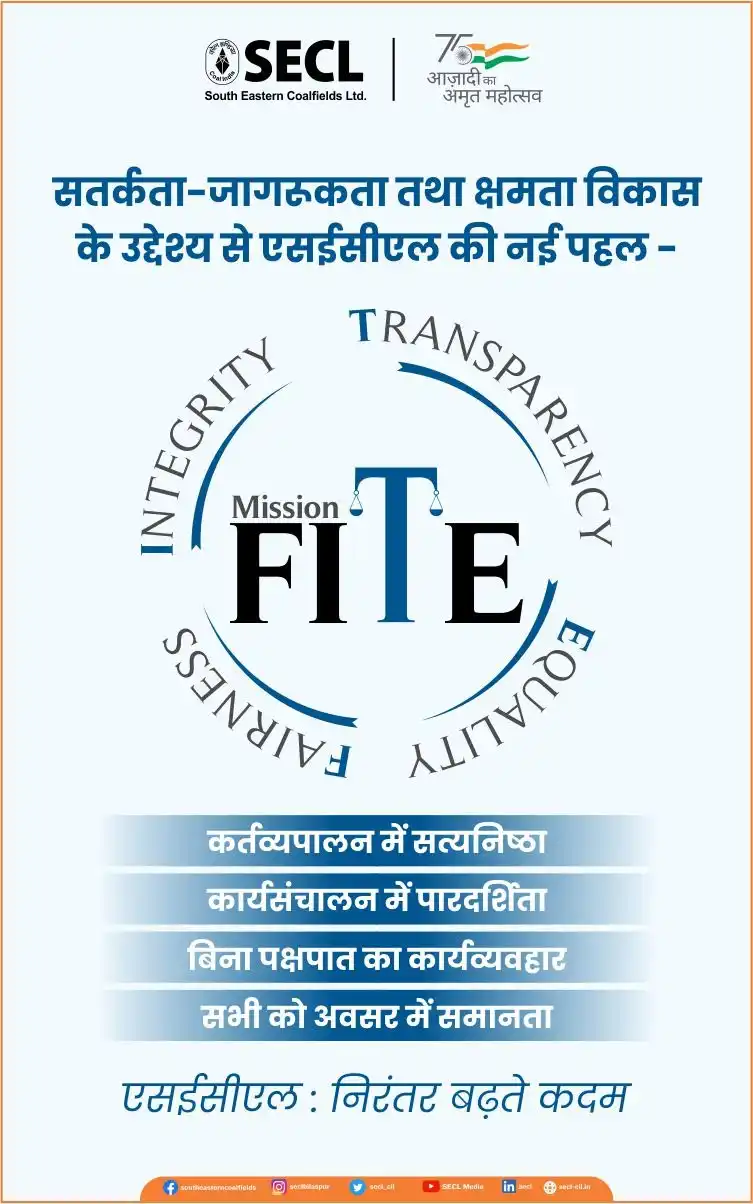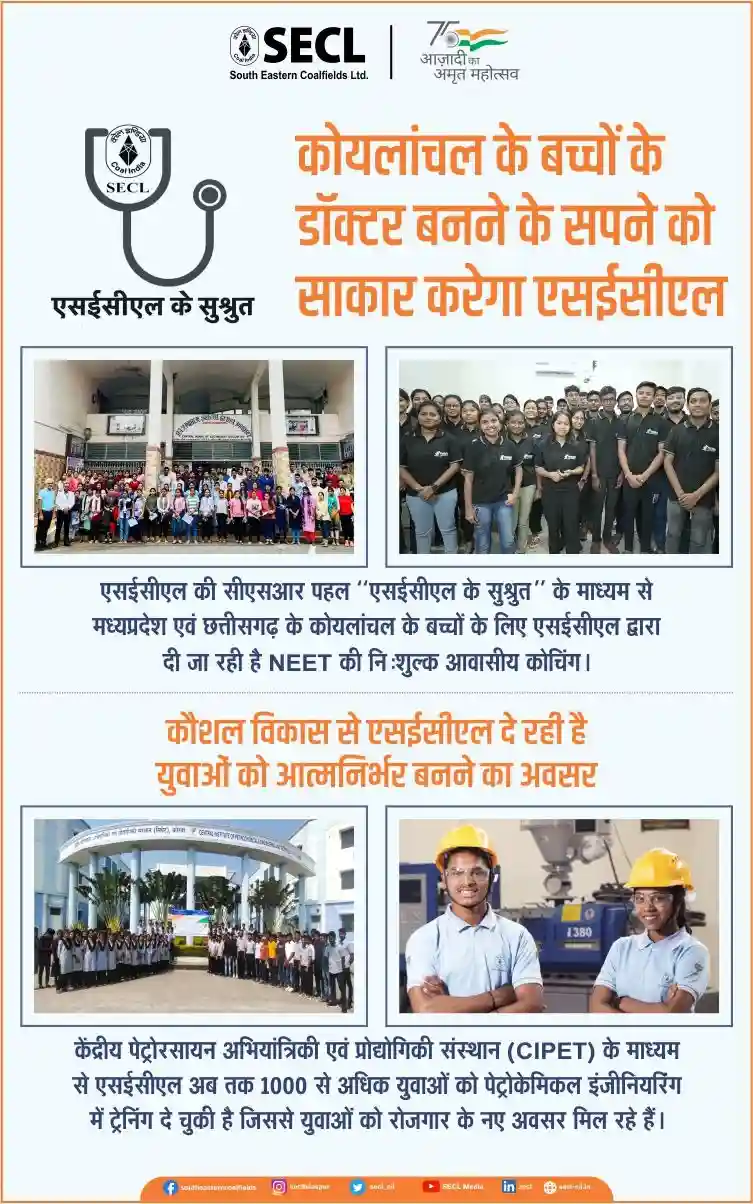Apollo Hospital is thrilled to announce a groundbreaking achievement in the field of orthopedic surgery. Dr. Rajashekhar K T, a distinguished orthopedic surgeon at Apollo Hospital in Bangalore, has successfully performed over 200 robotic-assisted total knee replacement (TKR) surgeries using the advanced Joint Robotic System. This remarkable milestone underscores Apollo Hospital’s commitment to leveraging cutting-edge technology to enhance patient outcomes and revolutionize knee surgery.
Dr. Rajashekhar K T – Senior Consultant Orthopaedic & Robotic Joint Replacement Surgeon, Apollo Hospital
The Future of Knee Surgery is Here
Robotics is becoming increasingly integral to various sectors, including medicine. One of the most significant advancements in medical technology is robotic-assisted total knee replacement (TKR) surgery. The Joint Robotic System, utilized by Dr. Rajashekhar K T at Apollo Hospital, epitomizes this technological leap forward.
So, what exactly is Robotic-assisted TKR Simply put, it’s a type of knee surgery where a robot aids the surgeon during the operation. The robot doesn’t perform the surgery independently; instead, it works as assistant to the surgeon, providing crucial support.
Here’s how it works
Before the surgery begins, the Robotic system creates a detailed 3D model of the patient’s knee. This model allows the surgeon to meticulously plan the surgery with unparalleled precision. During the operation, the robotic system offers real-time feedback, ensuring every step is executed with utmost accuracy. This real-time feedback enables the surgeon to make immediate adjustments, achieving the best possible outcome for the patient.
Why Robotic-Assisted Knee Surgery is Superior
Robotic-assisted knee surgery provides numerous advantages. The Joint Robotic System uses advanced imaging and real-time feedback to ensure the implant (the artificial knee joint) is positioned perfectly. This precise placement leads to better joint function, longer-lasting implants, and improved overall patient outcomes.
“The Joint Robotic System allows us to achieve unmatched accuracy and alignment during the procedure,” explains Dr. Rajashekhar K T. “This leads to better joint mechanics and a longer-lasting implant, enhancing the patient’s quality of life.”
Personalized Care for Every Patient
One of the standout features of the Joint Robotic System is its ability to devise a personalized surgical plan for each patient. By incorporating detailed preoperative imaging and intraoperative data, the system tailors the procedure to accommodate the unique anatomy of each patient. This personalized approach minimizes the risk of complications and enhances recovery and satisfaction.
“The robotic system enables us to create a customized surgical plan based on each patient’s specific needs,” says Dr. Rajashekhar K T. “This ensures the best fit and alignment for the implant, leading to better outcomes and happier patients.”
Less Pain, Faster Recovery
Robotic-assisted TKR also translates to less pain and a quicker recovery for patients. The precision of the robotic system allows for smaller incisions, which means less damage to surrounding tissues, reduced blood loss, and faster healing times. Patients can start moving and return to their daily activities more quickly, significantly improving their quality of life.
Enhanced Accuracy and Improved Outcomes
The Joint Robotic Systems advanced technology allows for unparalleled accuracy in knee replacement surgery. Robotic-assisted TKR leverages precise measurements and real-time adjustments to ensure optimal implant positioning. This high degree of accuracy reduces the risk of misalignment, which can lead to complications and the need for revision surgery.
Dr. Rajashekhar K T emphasizes, “The Joint Robotic System’s accuracy is truly transformative. It helps us place the implant with such precision that it significantly reduces the risk of complications and improves the longevity of the implant. Patients experience better knee function and a more natural feel post-surgery.”
Expertise and Experience
Dr. Rajashekhar K T brings a wealth of experience in robotic-assisted TKR, having successfully treated a wide range of knee conditions. His expertise extends to managing mild to severe knee deformities, including complex cases. The precision and versatility of the Joint Robotic System have allowed Dr. Rajashekhar K T to achieve excellent results across various cases.
“My experience with robotic-assisted TKR has been incredibly rewarding,” shares Dr. Rajashekhar K T. “The technology allows me to handle even the most challenging cases with confidence, ensuring that each patient receives the best possible care.”
Patient Experiences and Success Stories
Patients who have undergone robotic-assisted TKR at Apollo Hospital have reported significantly positive experiences. Many patients have noted quicker recovery times, less post-operative pain, and a higher satisfaction rate with their knee function compared to traditional knee replacement surgeries.
One patient, shares his experience, “I was initially apprehensive about undergoing knee surgery. However, the robotic-assisted procedure was a game-changer. The recovery was much faster than I expected, and I was back on my feet in no time. I’m incredibly grateful to Dr. Rajashekhar K T and his team.”
Looking Ahead
As technology continues to advance, Robotic systems are expected to play an increasingly vital role in surgeries. The Joint Robotic System represents a significant advancement in knee replacement surgery, offering patients a more precise, less invasive option.
“We are dedicated to staying at the forefront of medical technology,” says Dr. Rajashekhar K T. “As surgeons our goal is to provide our patients with the best possible outcomes, and robotic-assisted TKR is a crucial part of achieving that.”
















